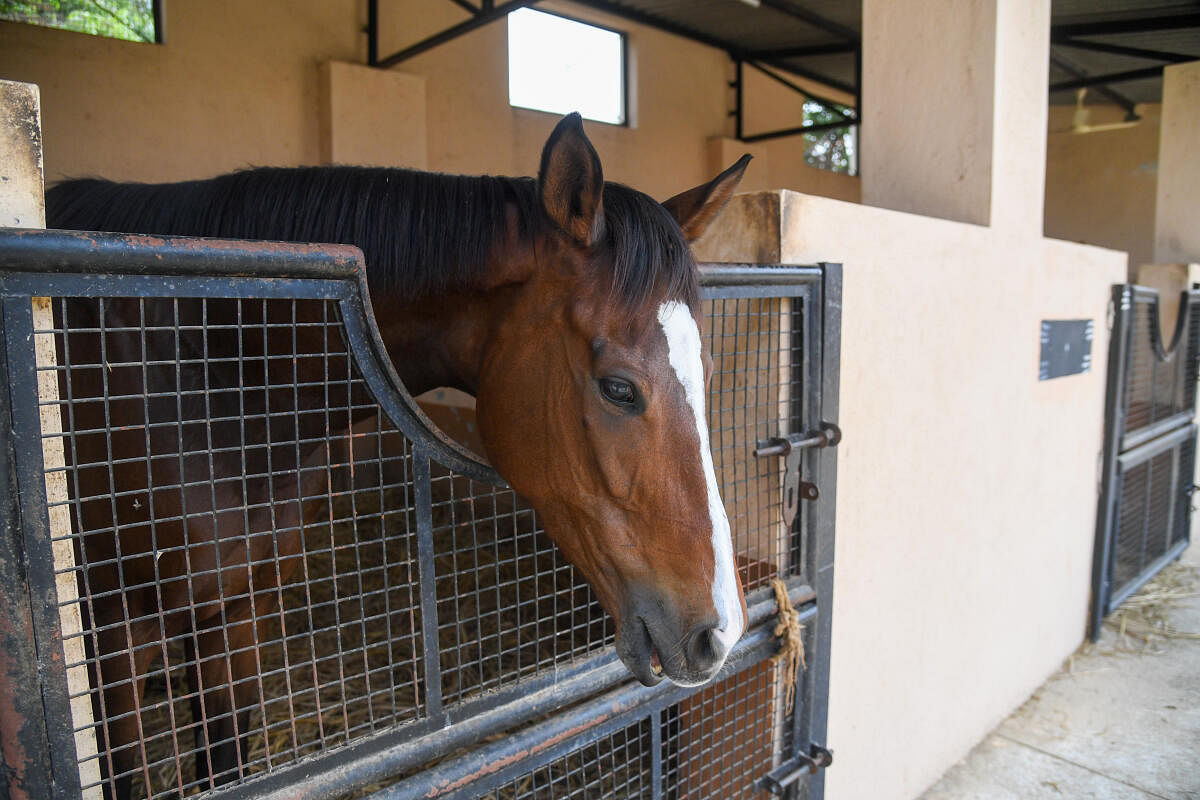
The future of stud farms in Bengaluru looks bleak. About 15 years ago, the city was home to 17 farms. Now, the number is down to two. The recent demolition of part of the Broadacres Stud Farm in Avalahalli, one of the two remaining farms, has only added to the woes of an industry that is already under threat of becoming non-existent. As far as the city is concerned, at least.
Rising costs
The scale of operations and the high costs involved are factors that have contributed to the “rapidly progressing decline” of the industry, says Ravi Reddy, the former owner of Lumbini Stud Farm in Doddaballapur. “We couldn’t keep up with the astronomical costs and sold it in the ’ 90s. As of now, the livery of one horse alone starts at Rs 40,000,” shares Reddy, a qualified veterinarian who currently runs a farm in Pune. “I don’t own the farm, so it’s less stressful,” he elaborates. Training a horse can cost anywhere from Rs 50,000 to Rs 60,000 a month, says Tegbir Brar, a breeder.
The government views horse racing as unethical, as it involves betting, and is hesitant to encourage it as a sport, feels Zeyn Mirza, the managing director of United Racing & Bloodstock Breeders Ltd (URBBL) which currently runs Kunigal Stud Farm, set up by Tipu Sultan in the 1790s. Reddy explains further, “Stud farms are dwindling, and the number of horses at races has reduced drastically. It was a flourishing sport in the 1990s and early 2000s.”
A lot of hard work
Brar, a Bengaluru homeowner with a farm in Punjab, talks about the processes involved in running a farm. “I have 200 animals on my farm. They have to be cleaned regularly, their housing has to be cleaned daily, they need to be fed four times a day, then there are medical issues, like cuts or a fever that have to be attended to. The animals have to be kept clean and comfortable. It is a labour-intensive operation, and you also have to manage the labour working on the farm,” he explains, adding that owners have to adjust their lives to suit the requirements of the horses.
Creating employment
Farms like Broadacres generate a lot of employment. There are at least 40 to 50 individuals involved in its running. At the Bangalore Turf Club, which has about 600 horses, there are 1,000 to 1,500 people employed, estimates Brar. In addition, the farms are green spaces with plenty of trees and rare birds.
Brar has seen the industry change over the last 30 years. “Racing was such an important part of Bengaluru’s culture. It is sad to see that dying now,” he reminisces.
What happened
Last week, a part of the Broadacres Stud Farm was demolished under the supervision of the police for the development of the Dr Shivaram Karanth Layout. The development was proposed in 2008, but shelved in 2015 after lawsuits filed by farmers and landowners, whose property was subject to being acquired by the government. However, in 2018, the Supreme Court gave an order permitting the development of the layout. According to Rina Mahindra, whose family owns the farm, they did not receive notification of the scheduled demolition, nor have they received compensation for their land.